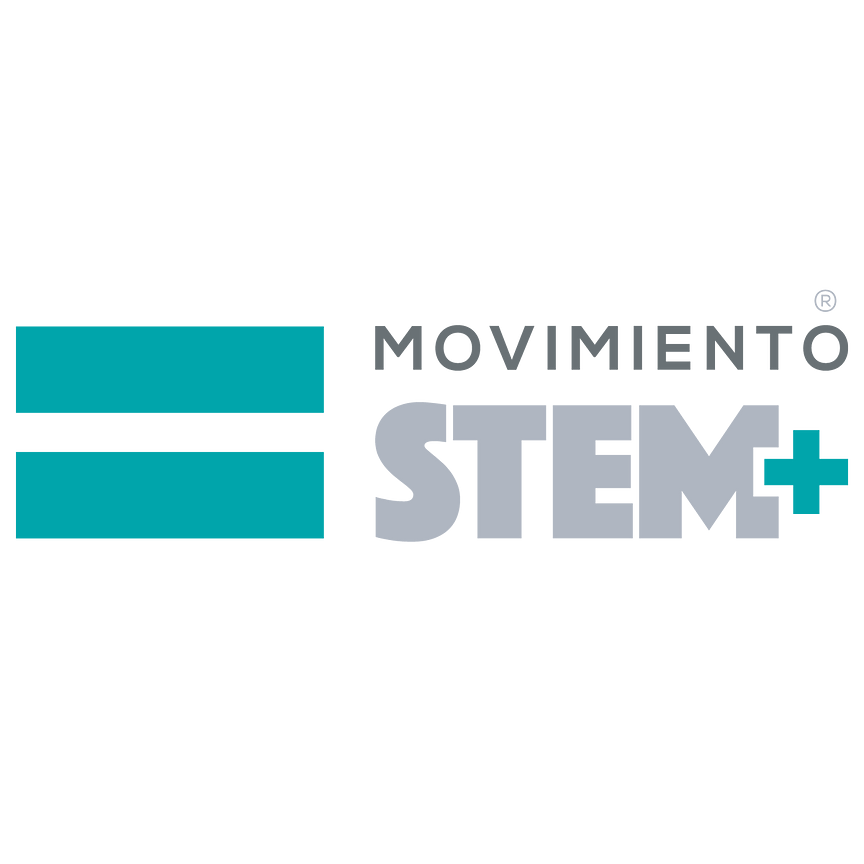According to WEF (2018), 65% of the jobs that Generation Z will have do not yet exist, and according to Manpower (2020), 54% of employers do not find the talent they require. This means that young people do not have the necessary skills for current and future working life. We believe that teachers can and should be agents of change to transform this. We need to equip teachers with current skills.
Teachers will be trained through the STEM Instructional Framework to promote the development of STEM Competencies in young people, in order to provide them with the tools to face the Fourth Revolution and solve innovation challenges that add to the 2030 Agenda. This Instructional Framework consists of two phases: Introduction- Self-directed online modality. Duration of 40 hours. Teachers will acquire the theoretical-methodological elements of the STEM approach. This introduction is divided into 7 modules that will cover specific learning objectives: Application - Virtual mode. Duration: 8-10 hours deferred in 5 sessions. Teachers will be able to live the practical part following the STEM Instructional Framework, they will be able to implement the STEM methodology in the classrooms. Accompaniment sessions during the training: Remote monitoring- 16 hours of attention (phone or video calls, WhatsApp) personally or in a group to give feedback about the structure for didactic planning.
Consolidation of the strategic alliance with the Global STEM Alliance of The New York Academy of Sciences, to develop STEM skills in Mexico and Latin America.
Creation of the Competency Management Committee before the National Council for Standardization and Certification of Labor Competencies (CONOCER) for the STEM competency standard in Mexico.
Initial work to measure the methodology confirms to the international standards of The Pear Institute of Harvard
In the last 3 years, more than 3,000 Mexican teachers of middle and high school education from public and private educational institutions have been trained.
As a result, they have asked us for consultancies to transform the school curriculum of government educational systems in Mexico.
We have begun to expand our programs to Latam and the first thing that must be transformed is the vision of STEM areas, there is still no awareness of considering STEM as an approach. Afterwards, the process of training teachers must begin from a training of trainers approach so that knowledge remains in the institution and consolidate STEM culture actions within the institutions.



